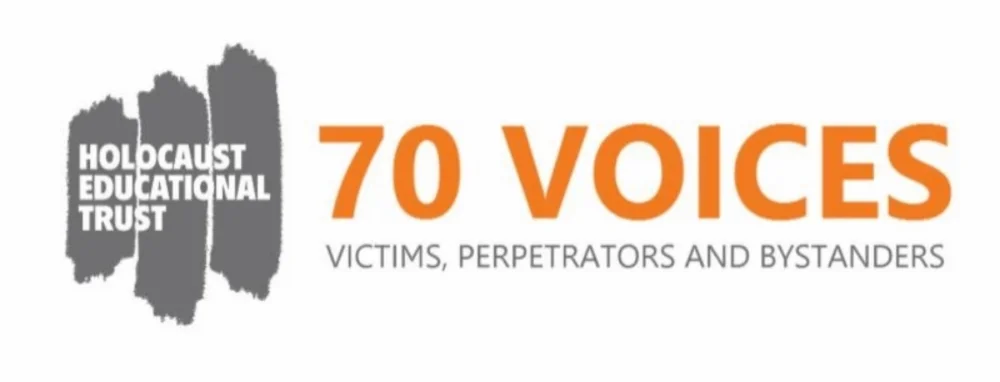The liberation of the camps in the spring of 1945 did not necessarily produce the joy that might have been expected from those who had survived them. As Eva Lux Braun – a Slovak Jew who survived Auschwitz and was, like the women in the photograph, liberated in Salzwedel camp – recalled, reactions were ambiguous.
All through the war we had prayed for liberation, and here it was suddenly. You are free! But after I had digested the idea of freedom I realized that actually the whole time I had been hoping to see my father, and I even dared to hope that I might possibly see my mother, in spite of everything. I knew in my heart that this was almost completely unrealistic, but I was sure I would see my father. But still, there were doubts, and I began to understand that it might not happen...
There was excitement, but our feelings were mixed. We were afraid. It's hard to describe and explain these feelings of simultaneous fear and joy. That was our next stage. Now, after liberation, what were we going to do? We had nothing. We were frightened that we might not have anyone left in the world. We needed someone to look after us and take care of us. And to a great extent I was looking after my little sister and another girl. More than anything else I wanted someone to look after me and relieve me of the burden of caring for the girls, so that I wouldn't have to be responsible, so that I would be under an adult's protection... It turned out that freedom is relative to a very great extent.
As Eva’s testimony suggested, the challenges facing survivors of the Holocaust did not cease with the end of the war.
Photo: female survivors of Salzwedel eating after liberation, 1945; from Theodore Draper, The 84th Infantry Division in the Battle for Germany, November 1944-May 1945 (Viking Press, 1946)
Testimony: Yad Vashem Archives

